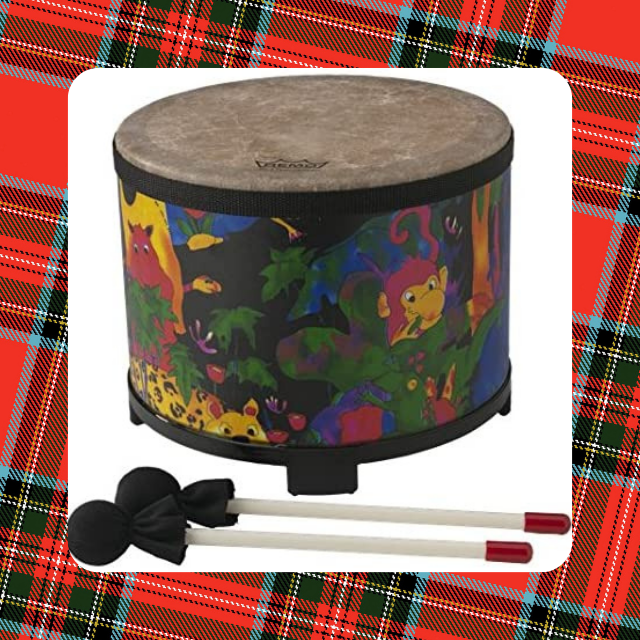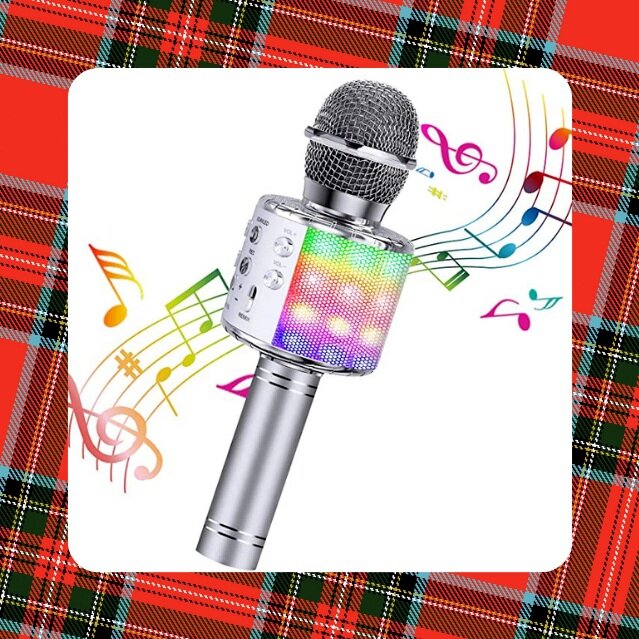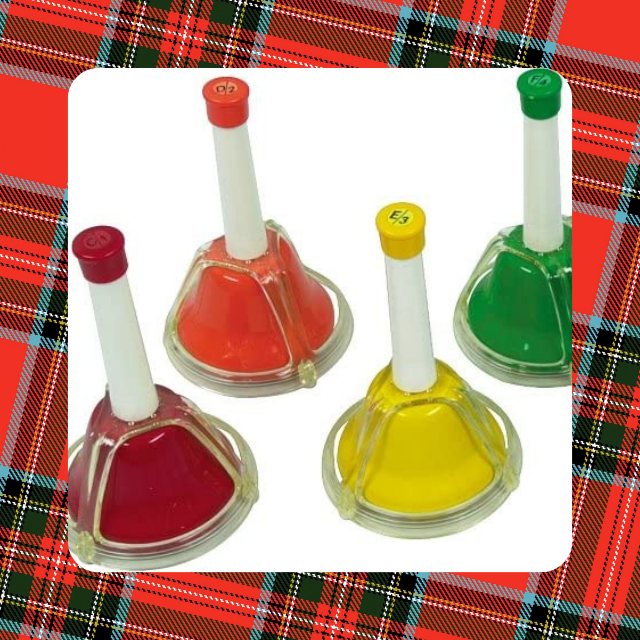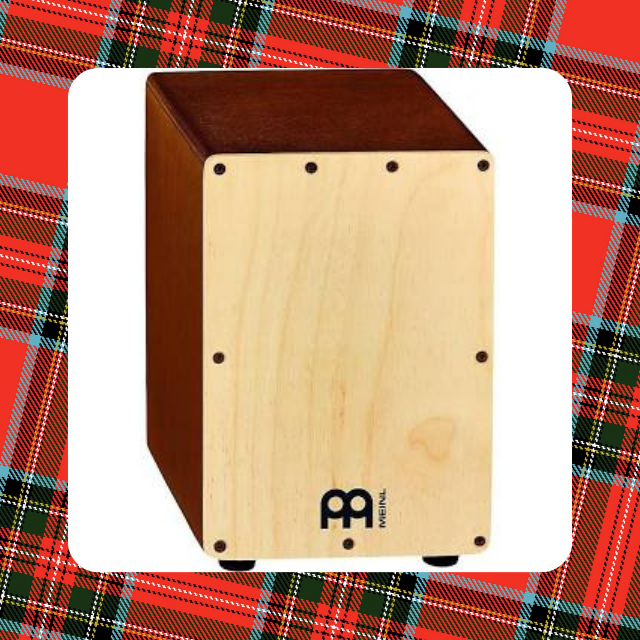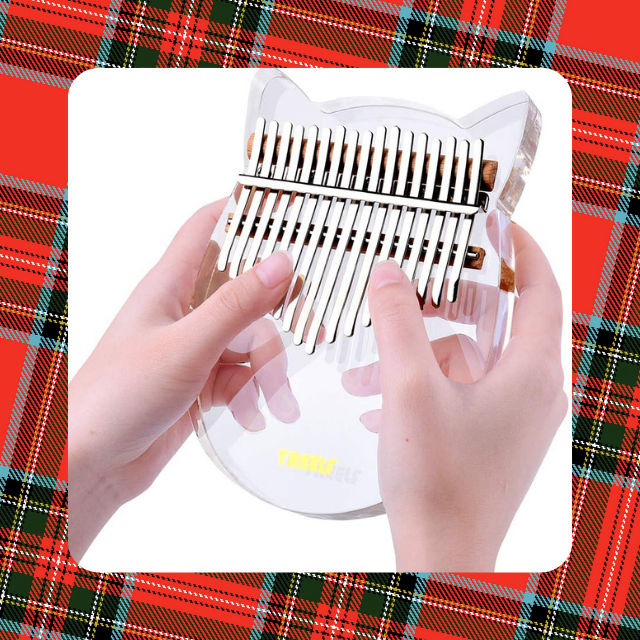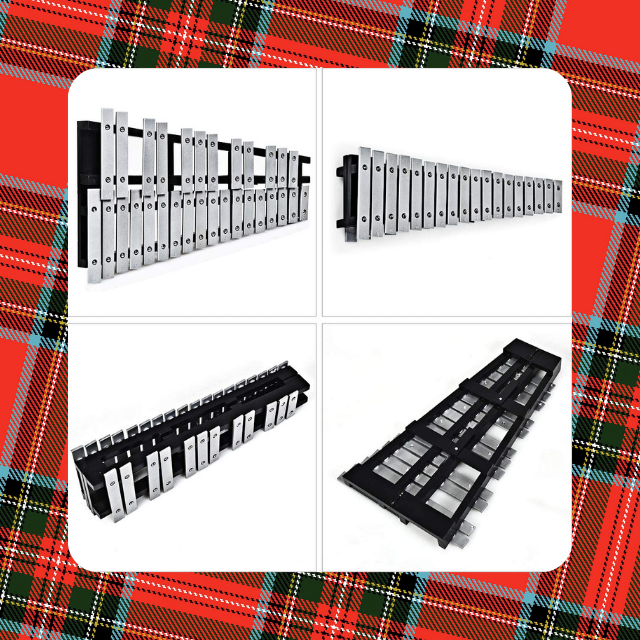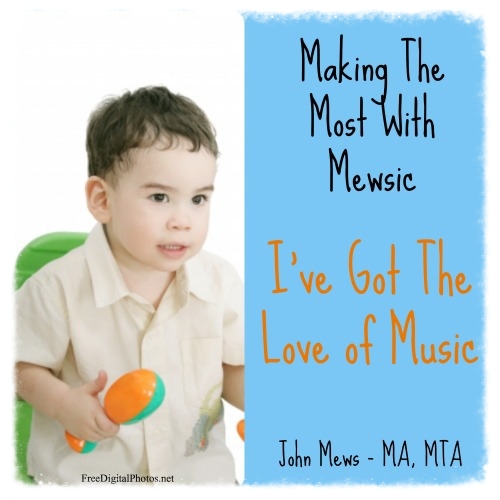Top 11 Therapeutic Musical Toys for Children With Special Needs
After writing my first top therapeutic toy blog back in 2014 “TOP 10 MUSICAL TOYS FOR CHILDREN WITH AUTISM”, it has become the number one most read blog and resource in my entire list! So it's time for an update!
I get multiple emails and questions directly from parents and therapists all the time asking how they can use their instruments at home as a therapeutic tool or what instruments they should buy to help with their child/clients therapeutic goals.
This is the time of the year when many families and friends struggle with what toys or gifts to give to their little ones and what a better way than to get them something that is both fun and therapeutic.
These are the top 11 favorite instruments that I use in my sessions that continues to offer so much therapeutic value, fun, engagement and overall success in each of my clients therapy goals.
1 - Floor Drum
Drums vary as much in price as they do in shapes and sizes, sounds and color! I use many varieties of drums in my sessions but I want to share this specific remo drum with you. This drum is sturdy, strong and has great acoustic sounds and vibration. This drum can sit easily on the floor and be played individually or together with 2 or 3 friends as a gathering drum. Oh, and did I mention it's affordable?!
Drums can help support:
Impulse Control
Eye-Hand Coordination
Turn-Taking
Focus and Attention
Auditory Skills
Regulation Skills
In a group it can help with social-emotional goals, non-verbal social cues and skill development
For more details click here
2 - Karaoke Microphone
Microphones can be so much fun to work on multiple goals from speech and language to increasing self-esteem. I prefer using microphones where you can manipulate the sounds to keep my clients engaged in the music process, to keep it fun and therefore better engagement and participation in achieving the therapeutic goals.
Microphones can help support:
Speech and Communication Skills
Self-Esteem
Social-Emotional Development
Creative Expression
Social Cues and Skills
For more details click here
3 - Shakers
Shakers are a staple in my music therapy instrument options. Shakers are always a fun welcome to any music activity in my clients sessions. Shakers and maracas are interchangeable in most of my sessions.
Shakers can help support:
Social Skill Development
Gross and Fine Motor Skills
Eye-Hand Coordination
Educational Goals - colors, counting, etc.
For more details click here
4 - Lollipop Drum
These drums are a favorite choice for many of my younger clients. I choose the lollipop drums as they are very light weight and have a handle to help guide or sustain more controlled movements in my music therapy sessions.
The Lollipop drum can help support:
Eye-Hand Coordination
Gross Motor Skills
Visual Perception and Eye Tracking
Regulation Skills
Social Skills and Cues
Joint Attention and Play
For more details click here
5 - Bells
I had an intern many years ago that introduced these bells to me and I have used them ever since. Children love these bells as they are colorful and you can play them both by ringing them or tapping the top of the handle.
Bells can help support:
Early Reading Skill Development
Educational Goals - colors, counting and letter recognition
Early Music Education
Social Skills
Focus and Attention
For more details click here
6 - Steel Tongue Drum “Happy Drum”
This is a new addition to my instrument collection and a favorite by clients of all ages. This drum sits on your lap and is easy to play as the tones are in a tonal scale that is always in harmony as you play.
Tongue drums can help support:
Mindfulness
Meditation
Regulation skills
Social - Emotional skills
Eye-Hand coordination
Self-Expression
For more details click here
7 - Cajon
The cajon is also a new addition to my musical toolbox. This is such a fun instrument for all ages; children love the idea of sitting on an instrument and being able to play it in a variety of ways and feeling the rhythmic vibrations throughout their body. The cajon is a beautiful strong instrument and comes in various sizes. I prefer the larger sizes that can comfortably allow both my older adult clients as well as my younger clients to safely sit on it and play.
Cajon’s can help support:
Self-Expression
Eye-Hand Coordination
Social Cues and Skills
Self Regulation
Gross and Fine Motor Skills
For more details click here
8 - Kalimba
The kalimba is also known as a marimba and used in many African musical cultures creating a beautiful melody by plucking the metal keys with your thumbs and fingers. This instrument is very easy to play and has beautiful relaxing tones.
Kalimba can help support:
Fine Motor Development
Self-Expression
Meditation and Mindfulness
Emotional and Self-Regulation
Eye-Hand Coordination
For more details click here
9 - Xylophone
The xylophone is a staple instrument in my music therapy practice for children especially and adults alike. The xylophone is a great choice as it is transportable, affordable, mimics the notes of a piano, and versatile. Xylophones also come in a variety of sizes, materials and colors. For younger children I like to buy those with bright colors to make it more fun, but the one I’m choosing this year is a “collapsable” xylophone which makes for easy carrying and storing. I also tend to put colored stars on the xylophone to help with early music education skills.
Xylophones can help support:
Early Music Education
Eye-Hand Coordination
Gross Motor Skills
Social Cues and Skills
Impulse Control
Creative Expression
Focus and Attention
Bi-lateral Movements
For more details click here
10 - Ocean Drum
The ocean drum continues to be a favorite choice for many of my younger clients. Children often love to have the control of creating their own dynamics from loud to soft wave like sounds as well as enjoying the visuals of the beads moving about in the circular drum.
Ocean drums can help support:
Focus and Concentration
Gross Motor Skills
Mindfulness and Meditation
Self-Regulation
Impulse Control
Social Cues and Skills Within Groups
For more details click here
11 - Kazoo
The kazoo is such a fun and inexpensive instrument and therapeutic tool! Kazoo’s come in many different colors and materials. For those of you who have played a kazoo you are aware that it doesn’t work by just blowing into the instrument. Your vocal cords are required to make a vibration and buzzing type of sound which is a rudimentary skill in initial speech and language goals. I use kazoo’s with many young children that are working on their initial speech goals through helping produce breath support and to engage the vocal cords into initial vocalizations and furthermore speech development.
Kazoo’s help support:
Breath Control
Speech and Communication goals
Speech production
Self-Regulation
Creative Self-Expression
For more details click here
I hope you find these 11 instruments helpful in bringing some of the therapeutic benefits of music with your children whether in your home or office. Please feel free to reach out to me if you have any questions about the appropriateness of a particular instrument for your child or client. If you are not working with a music therapist already, in most cases I can refer you to a qualified therapist in your area that can support your child’s developments through music therapy.
If you have any questions about any instruments that you currently have and how they can be used for therapeutic purposes please don’t hesitate to reach out to me as I’d love to support you and your child.
John Mews, BMT, NMT, AMFT
Founder & Owner - Mewsic Moves
email: john@mewsicmoves.com
Happy Holidays Everyone! Give the gift of music this year.
Let’s Be Social:
Please like, share and or leave your comments below as we love to hear form you!

